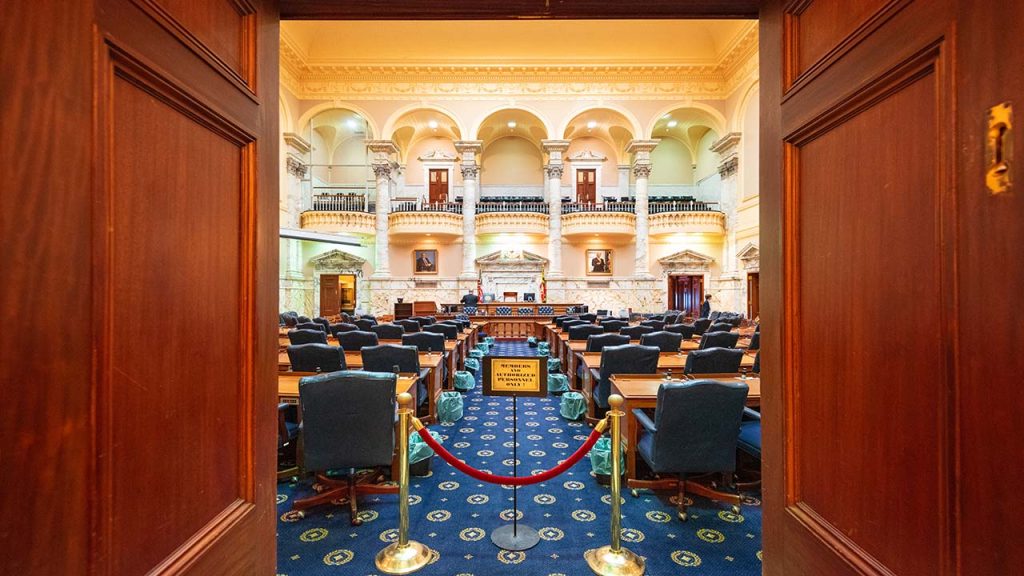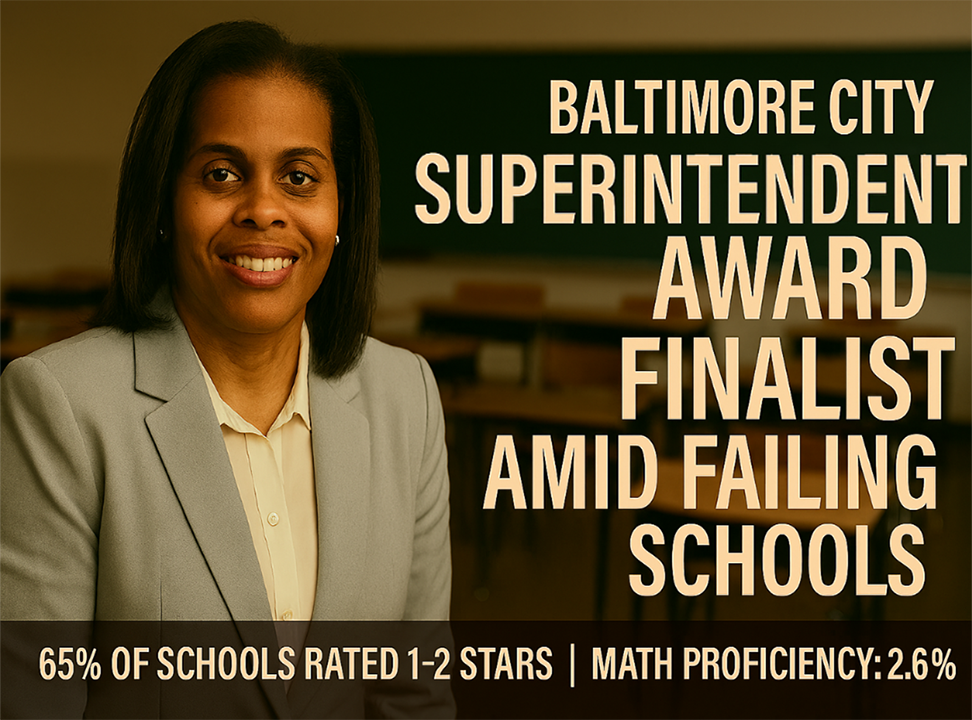
District Leaders Want More Time to Spend ESSER Funds—and More Money, Too
The Beaufort County school district in South Carolina invested a sizable chunk of its federal COVID relief funds in nearly a dozen “extended learning sites”—churches and other local organizations where retired educators provide additional instruction for students after the school day.
They’ve surpassed the 6,000-student district’s high expectations, with students showing early signs of reading improvement, said Frank Rodriguez, the district’s superintendent.
But the funds keeping those sites alive are set to expire after this school year. Finding an alternative funding source won’t be easy, he said.
Rodriguez joined four other district leaders and one state education chief on Sept. 21 for a closed briefing with congressional staffers on Capitol Hill.
The superintendents’ pitch? Extend the deadline for spending ESSER funds—and learn the right lessons from ESSER, which came to school districts in three rounds totaling $190 billion to help them cover pandemic-related expenses and then catch students up after pandemic school building closures.
District leaders who attended, representing the advocacy organization Chiefs for Change, told Education Week they believe the emergency investments from Congress in K-12 schools have yielded strong yet incomplete results. They want the federal government to learn lessons from the positive effects ESSER dollars have had. And they hope Congress will continue to support schools with additional resources even once the COVID emergency aid runs out.
“The pandemic caused a probably five- to 10-year setback in terms of student learning,” said Millard House II, superintendent of the Prince George’s County schools in Maryland and former superintendent in Houston, Texas. “If we look at the kinds of extended support that needs to be provided, it’s probably a five- to 10-year extension of support.”
Why district leaders want more federal relief
Congress sent three rounds of COVID relief aid to schools between March 2020 and March 2021. The deadline to commit the first round of funds to particular expenses was last September, and the deadline for the second round is Sept. 30. The final round will expire a year from that date, just as the 2024-25 school year gets underway.
School districts have poured billions of dollars into academic recovery efforts, building improvements, technology upgrades, and expanded services for counseling, social work, and social-emotional support.
In Prince George’s County, House said, ESSER funds helped fuel “grow-your-own-educator” programs that allow district employees who aren’t certified teachers to pursue teaching qualifications at a discount through Notre Dame of Maryland University.
The money also helped fund expanded mental health counseling services for students. This issue resonates with House—the day he spoke with Education Week, he also attended a funeral for a student in the district. This type of tragic event means students and families might need additional mental health support, he said.
In South Carolina, Rodriguez looked at his district’s COVID relief allocation as an “incubator” to see which approaches could move the needle for student achievement and support.
Math scores have improved among students attending the extended learning programs, but not by as much as reading scores, he said. And the acute effects of the pandemic disrupted current 1st and 2nd graders’ pre-kindergarten school experiences.
“We’re all still trying to help our students get back to their pre-pandemic scores,” Rodriguez said.
How districts can apply for more time to spend ESSER funds
Changing the ESSER deadline or adding another round of relief funds for schools would require Congress to pass a new law. Prospects are dim, though, as the nation’s divided legislative chambers careen toward an increasingly likely government shutdown after next week.
But district leaders have also been pushing for the U.S. Department of Education to offer some deadline flexibility. In particular, they’ve been agitating for more time to spend down or “liquidate” funds for contracts they’ve already signed with outside vendors like construction firms for renovations and building improvements.
The department allowed districts to request deadline waivers for construction spending in the first two rounds of ESSER funds. And this week, the department shared that ESSER III will have a similar extension option, with a few caveats.
Districts will have to list every transaction for which they are requesting a waiver. “Given the size of ARP ESSER, there are potentially thousands of transactions that would benefit from liquidation extensions,” Sasha Pudelski, director of advocacy for AASA, The School Superintendents Association, wrote in a Sept. 19 blog post, referring to the American Rescue Plan, the March 2021 legislative package that allocated the largest round of COVID relief funds to districts.
Districts will also have to justify the extension with a reason other than “the project took longer to finish than expected.” That means districts won’t be able to proactively plan to maintain contracts that go beyond the 2024 deadline.
“For example,” Pudelski wrote, “a school district using ARP ESSER funds for a successful tutoring program could not proactively apply for a liquidation extension to continue those services after September 30, 2024, even though the data is clear students will continue to need them.”
In addition, districts will have to link the waiver request to a plan for academic recovery. According to Pudelski, that means, unlike the extension opportunities for ESSER I and II, districts won’t be able to request extensions for services like mental health supports.
Dig Deeper With Our Longreads
Newsletter Sign up to get our best longform features, investigations, and thought-provoking essays, in your inbox every Sunday.
The MEN was founded by John Huber in the fall of 2020. It was founded to provide a platform for expert opinion and commentary on current issues that directly or indirectly affect education. All opinions are valued and accepted providing they are expressed in a professional manner. The Maryland Education Network consists of Blogs, Videos, and other interaction among the K-12 community.








